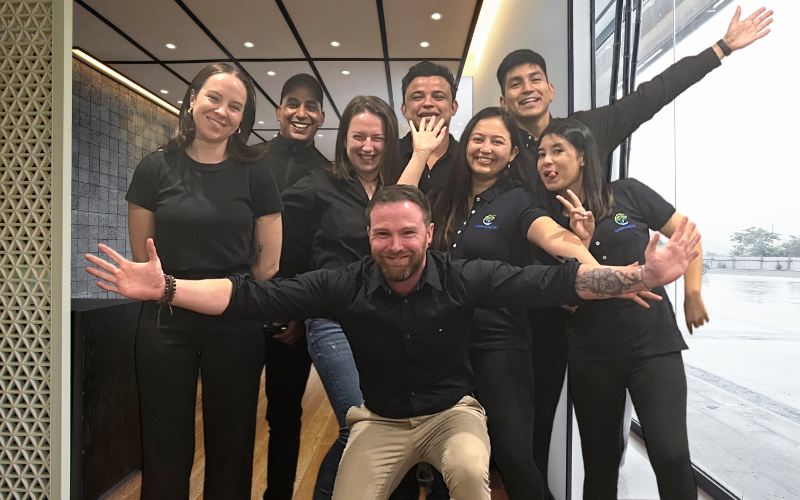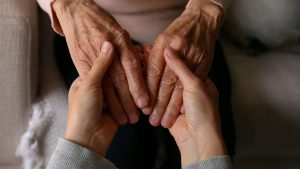Adaptive Sports- The Benefits of Physical Activity for the Disabled

Physical activity is an essential part of maintaining a healthy lifestyle. Regular exercise can help us stay fit and keep our bodies in good shape. For people with disabilities, access to physical activity can be a challenge due to various barriers. However, adaptive sports have emerged as a new avenue for disabled people to engage in physical activities tailored to their abilities. Adaptive sports have many benefits for disabled people, both mentally and physically. In this blog post, we explore the benefits of adaptive sports for the disabled.
1. Improved Physical Health for disabled:
Adaptive sports can improve the physical health of disabled people. Engaging in regular physical activities can help people with disabilities control their weight and improve their cardiovascular health. Moreover, participating in adaptive sports can lead to increased muscle strength, coordination, and balance.
2. Enhanced Self-Esteem:
Adaptive sports can help boost the self-esteem of disabled people by improving their skills and showcasing their abilities. People with disabilities often feel limited by their condition, resulting in low self-esteem. Adaptive sports offer the opportunity to engage in competitive events and meet other people with disabilities, providing a sense of community and accomplishment.
3. Improved Mental Health for disabled:
Engaging in physical activity through adaptive sports can have positive effects on mental health. Physical activity releases endorphins in the body, which in turn improves mood and reduces stress levels. For people with disabilities, physical activities can increase confidence, self-awareness, and provide a sense of accomplishment that can boost one’s mood.
4. Increased Independence:
Physical activity through adaptive sports can increase the independence of disabled people. Often, people with disabilities must rely on others to perform everyday activities. By participating in adaptive sports, disabled people can develop new skills and become more self-reliant.
Conclusion:
Adaptive sports provide a range of benefits to disabled people by increasing their physical and mental well-being, social connections, and sense of independence. People with disabilities can participate in a variety of activities tailored to their abilities and develop new skills, which in turn, can improve overall health and quality of life. Adaptive sports provide a sense of accomplishment and community, allowing people with disabilities to showcase their abilities and overcome the challenges they face daily. With increased participation in adaptive sports, we hope to create a society that is more inclusive, and provides equal opportunities for all individuals, regardless of ability.
Book a free Consultation with us today!
Mobile : 1800960068
Email : contactus@iseeksupport.au









